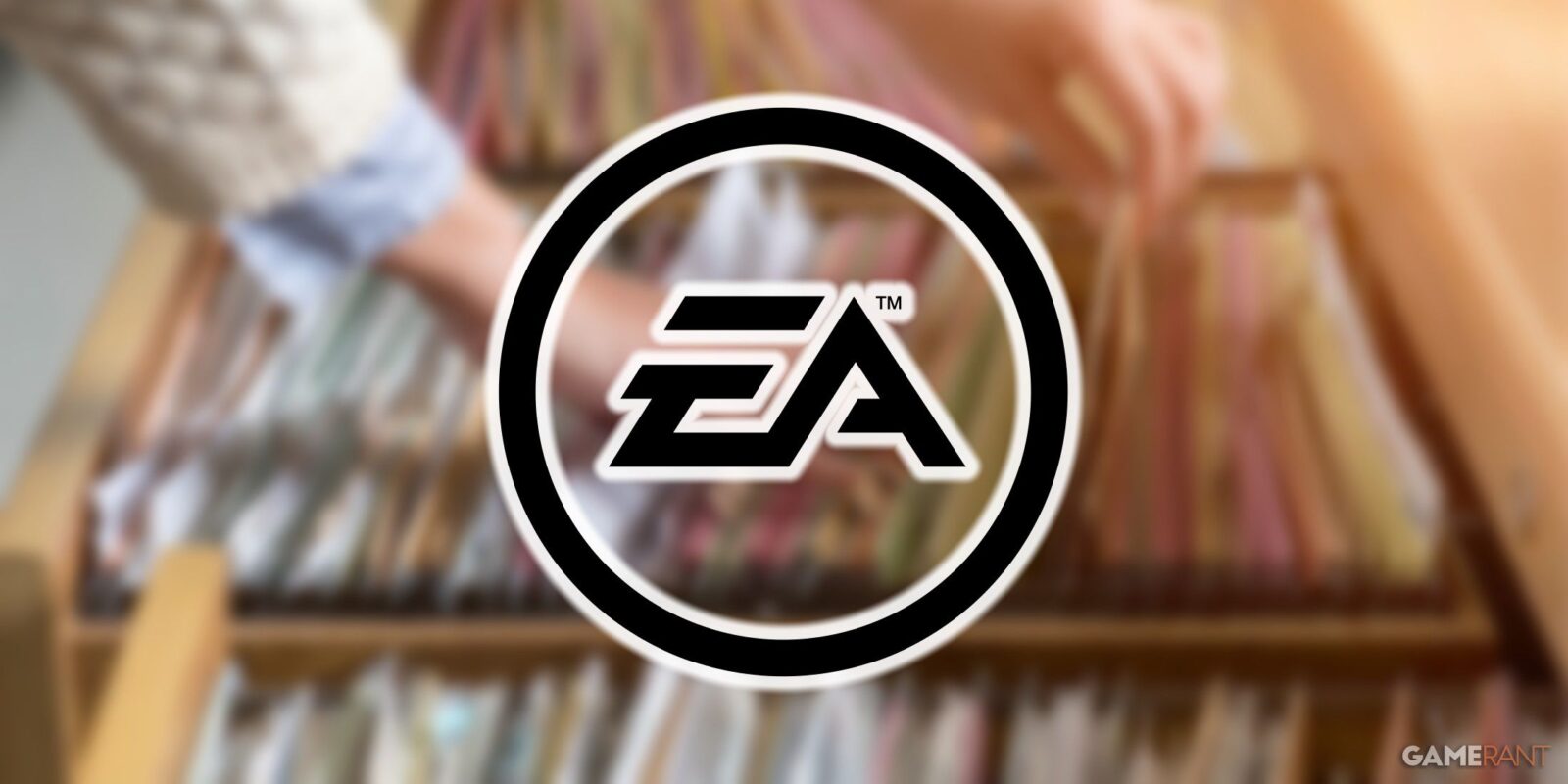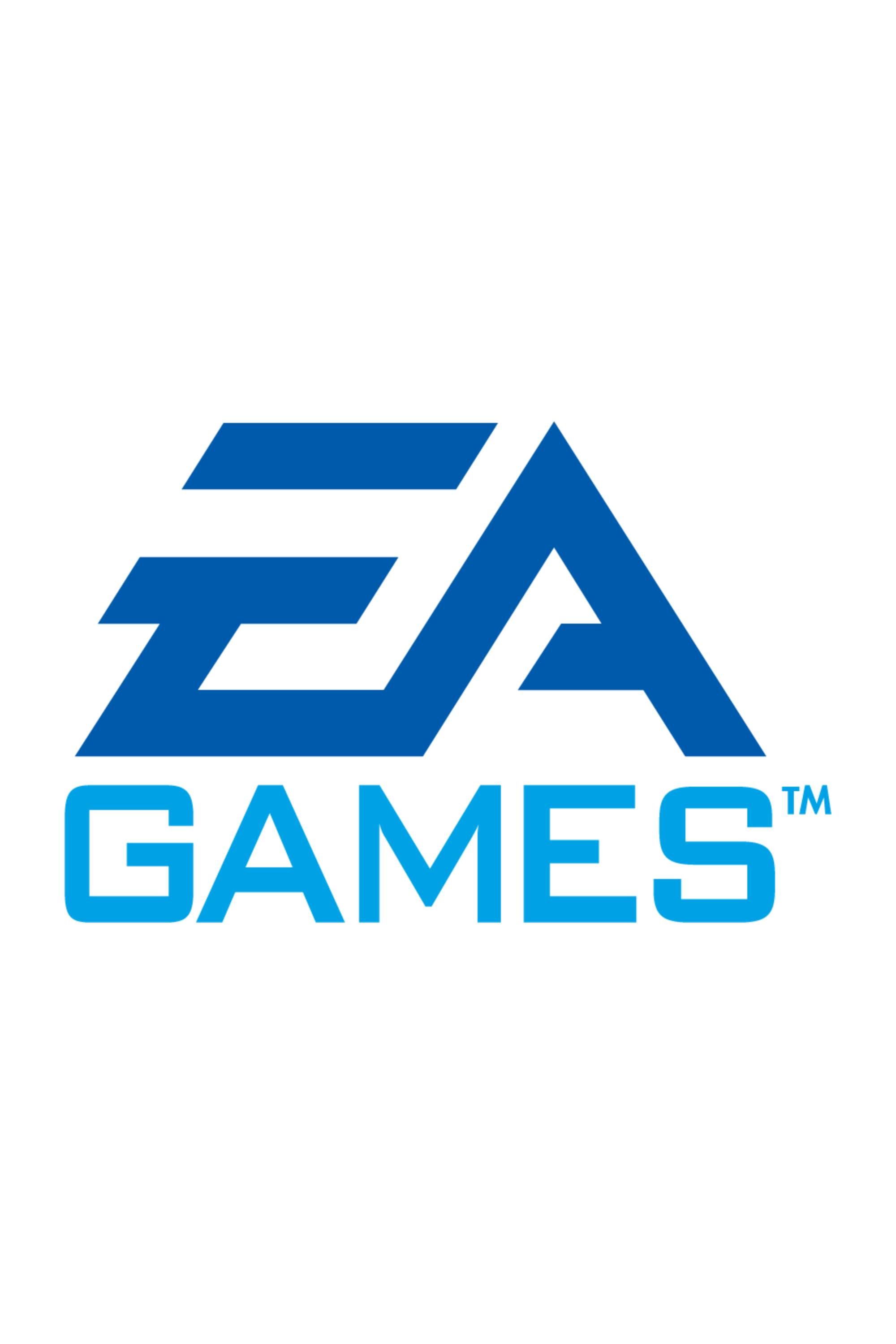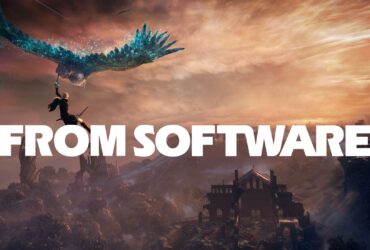Key Takeaways
- EA shares 23 accessibility patents to help other game developers improve inclusion.
- Patents focus on voice control, color blindness, haptic feedback, and more.
- Improved accessibility benefits players, developers, and the gaming industry.
The implementation of accessibility features in video games has become a major focus for developers in recent years, and Electronic Arts has continued to share its patented accessibility technologies to benefit other studios, their teams, and fans. EA first launched its “Patent Pledge” program in 2021 and has now added even more accessibility patents for game developers to use when making new titles.
While older launches had a number of technological limitations that prevented the implementation of accessibility features in video games, rapid developments within the past decade have allowed for greater audio, visual, and gameplay options for users. By increasing accessibility, games become more welcoming to even more players, which benefits both communities and developers alike. To help make game development with accessibility more streamlined, EA has shared a number of patents for innovative gaming technologies.

Related
Death Stranding 2’s Latest Confirmed Feature is a Huge Step Toward Accessibility
Hideo Kojima recently shed light on an exciting new feature included in Death Stranding 2 that could prove to be a game-changer.
According to the official EA Patent Pledge page, the company has recently shared 23 more technological patents that can be used by other studios and developers. Generally, big-name companies like EA, Nintendo, and Sony will file patents for specific innovations, such as game features, that grant regulations and protections to ensure only the filing company can use that patented design. However, with the rising focus on accessibility in gaming, EA has chosen to make a number of its patents available for use by others. This means any video game studio can utilize the EA-patented gaming technologies when developing new games. In turn, EA hopes that more teams will prioritize accessibility, and thus more players will be able to enjoy video games.
EA Patent Pledge Additions – December 2024
- Contextually Aware Communications Systems in Video Games
- Automated Controller Configuration Recommended Settings
- Audio-based Device Authentication System
- Systems and Methods for Transcribing User Interface Elements of a Game Application Into Haptic Feedback
- Color Blindness Diagnostic System
- Automated Player Control Takeover in a Video Game
- Adaptive Gaming Tutorial System
- Route Navigation System Within a Game Application Environment
- Intelligent Personalized Speech Recognition
- Generating Expressive Speech Audio from Text Data
- Generating Speech in the Voice of a Player of a Video Game
- Voice Aging Using Learning Machines
- Emotion Based Music Style Change Using Deep Learning
- Dynamically Selecting Speech Functionality on Client Devices
Among the newly added patents to the EA Pledge list are technologies for voice-activated character controls, audio detection for NPC interactions, ping systems with contextually aware audio and visual outputs, haptic feedback triggered by onscreen displays, color blindness adjustment features, and more. EA states that it hopes the Pledge will help to “break down barriers” for players and aid the industry in “meeting the needs” of the diverse community of gaming fans. While there are other gaming patents from EA that are not yet included in the Pledge, the company’s effort to bring developers and players together through more welcoming gaming has been praised by industry experts and audiences alike.
By improving accessibility in gaming, more players are able to experience and enjoy the multitude of releases from both big-name and indie developers. The importance of these features has been highlighted by players and has even led to an award category for Innovations in Accessibility at The Game Awards. As Electronic Arts continues to add more of its patents to its Pledge, many are hoping that accessibility in gaming will continue to evolve and grow.













Leave a Reply